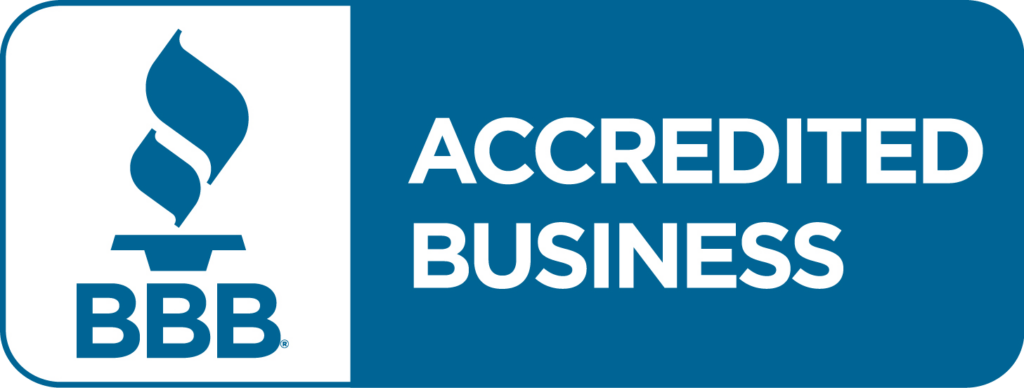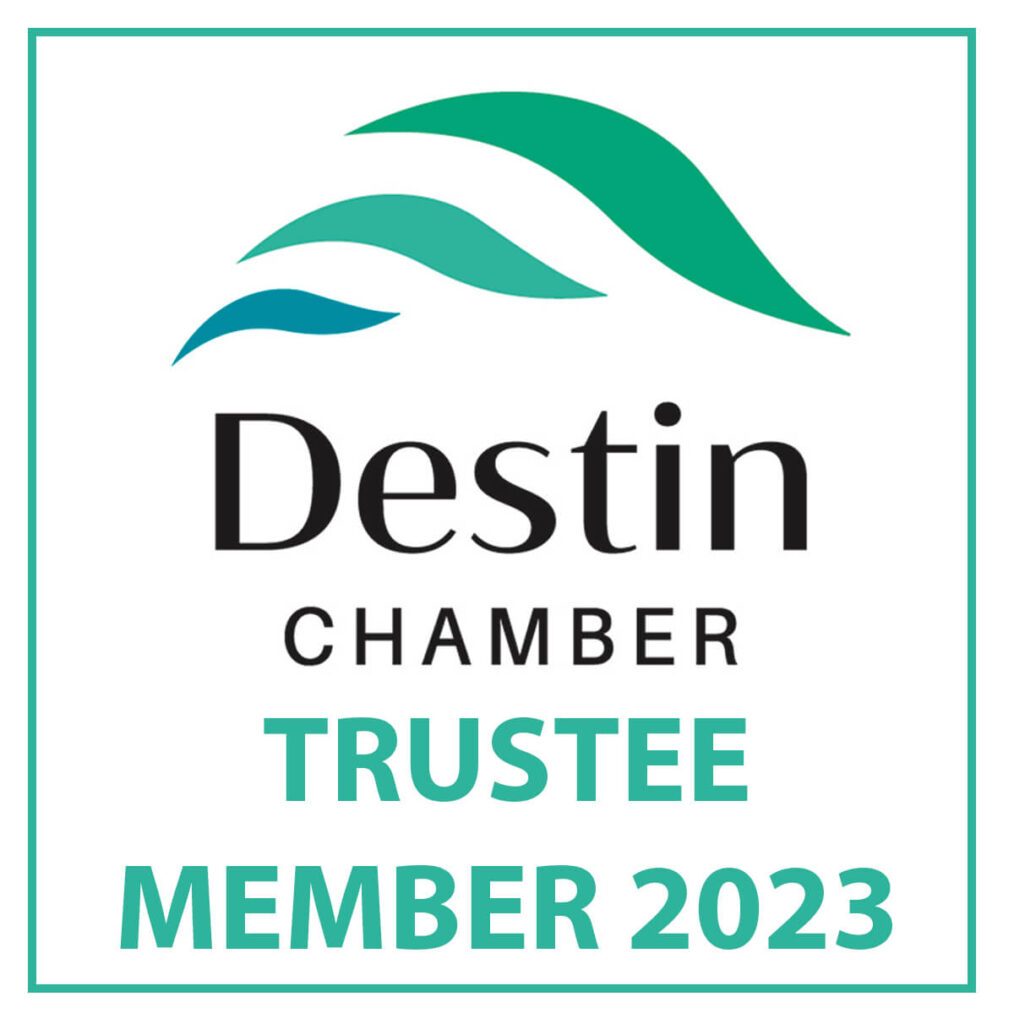Retiree News:
Retiree Tip of the Month
Tip of the Month
The $1,000 Rule and the 4% Rule
How much money will you need to get by in retirement? How much income do you need to withdraw each year? As you approach retirement, ...
December 15, 2023
Read More →
The $1,000 Rule and the 4% Rule
December 15, 2023
No Comments
How much money will you need to get by in retirement? How much income do you need to withdraw each year? As you approach retirement, ...
Read More →



